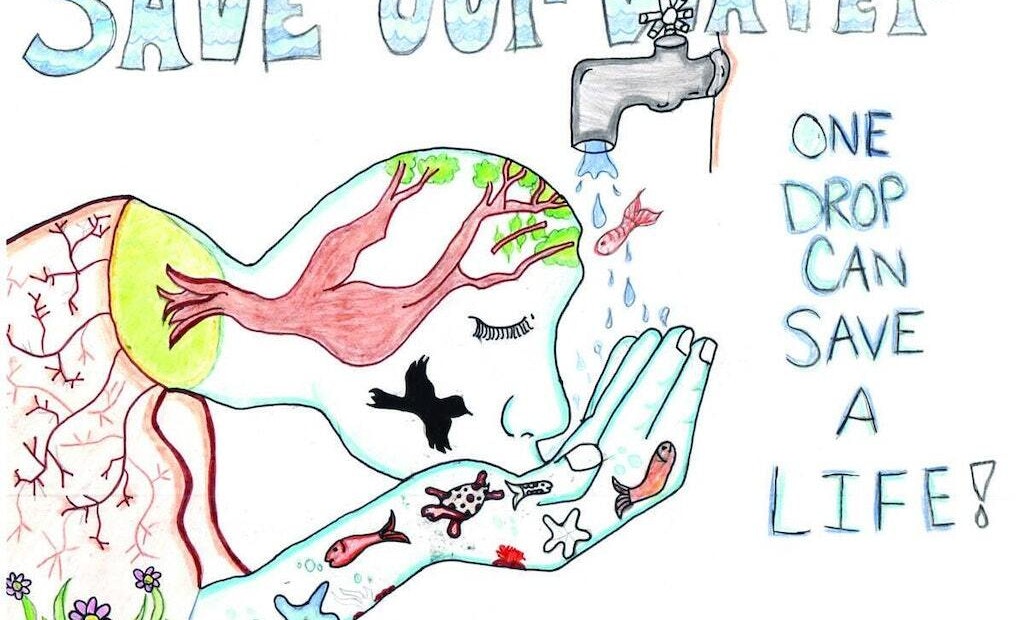Every year a contest for Kentucky students focuses on one of four alternating topics: wildlife, water, soil and forestry. In 1974 Jim Clayhill, the first assistant director of the Division of Conservation and an educator, added an art contest to the competition. From that point on,...
Draw It. Write It. Kentucky Kids Use the Arts to Celebrate Water.
A conservation writing contest was hatched in 1944 to get Kentucky students interested in natural resources and still continues to this day
Popular Stories
Discussion
Comments on this site are submitted by users and are not endorsed by nor do they reflect the views or opinions of COLE Publishing, Inc. Comments are moderated before being posted.






